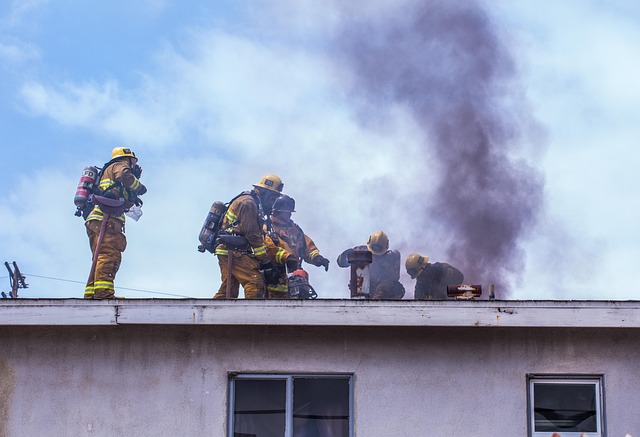Selling a fire-damaged house in California requires strict adherence to real estate disclosure laws designed to protect buyers. Sellers must truthfully disclose structural damage, required repairs, and the extent of fire damage, including type and severity, as well as any potential health hazards from materials like asbestos. Failure to comply can result in legal repercussions, including fraud lawsuits. A meticulous approach involving thorough inspections, professional consultation, and comprehensive documentation is crucial for both compliance and buyer protection, ensuring trust in the real estate transaction process.
In California, real estate disclosure laws are stringent, particularly when selling a fire-damaged property. This comprehensive guide navigates the legal requirements and disclosures needed when marketing a fire-affected home in the Golden State. Understanding these regulations is crucial for both sellers and agents to ensure compliance and transparency throughout the transaction process. Learn how to disclose potential hazards, mitigate liability, and provide buyers with essential information about selling a fire-damaged house in California.
- Understanding Real Estate Disclosure Laws in California
- Selling a Fire-Damaged House: Legal Requirements and Disclosures
Understanding Real Estate Disclosure Laws in California

In California, real estate disclosure laws are stringent, especially when it comes to selling a fire-damaged house. These regulations aim to protect buyers by ensuring they have all the necessary information about the property they intend to purchase. When a home has been affected by a fire, specific disclosures are mandatory. Sellers must inform buyers about any structural damage, repairs required, and the extent of fire damage encountered during the incident. This includes details on the type and severity of the fire, as well as any potential health hazards associated with asbestos or other hazardous materials that may have been exposed.
California’s real estate disclosure forms, such as the California Residential Purchase Agreement, include sections dedicated to revealing pre-existing conditions like fire damage. Sellers are required to answer truthfully and accurately regarding these matters, providing detailed reports of inspections, assessments, and repairs conducted post-fire. Failure to disclose could lead to legal repercussions, including potential lawsuits for fraud if buyers discover hidden issues after purchasing the property. Therefore, selling a fire-damaged house in California demands meticulous transparency and adherence to disclosure laws.
Selling a Fire-Damaged House: Legal Requirements and Disclosures

When a home in California sustains damage from a fire, sellers must navigate specific legal requirements and disclosure obligations before putting the property on the market. Beyond general real estate disclosure laws, California has strict rules regarding the sale of fire-damaged properties. Sellers are legally required to disclose any known issues related to the fire, including the extent of the damage, repairs undertaken, and potential residual risks. This transparency is crucial for buyers to make informed decisions about purchasing a property with such a history.
Failure to comply with these disclosure laws can result in legal repercussions for sellers. It’s essential to document all fire-related events, engage in thorough inspections, and consult with professionals experienced in handling the sale of fire-damaged properties in California. This meticulous approach ensures compliance, protects buyers, and fosters trust throughout the real estate transaction process.
When selling a fire-damaged house in California, adhering to strict disclosure laws is paramount. These regulations ensure transparency for buyers, safeguarding them from potential unforeseen issues. Understanding and complying with these laws not only facilitates a smoother transaction but also fosters trust among all parties involved. For those navigating the sale of a fire-damaged property, seeking legal counsel can provide invaluable guidance tailored to California’s unique requirements.






